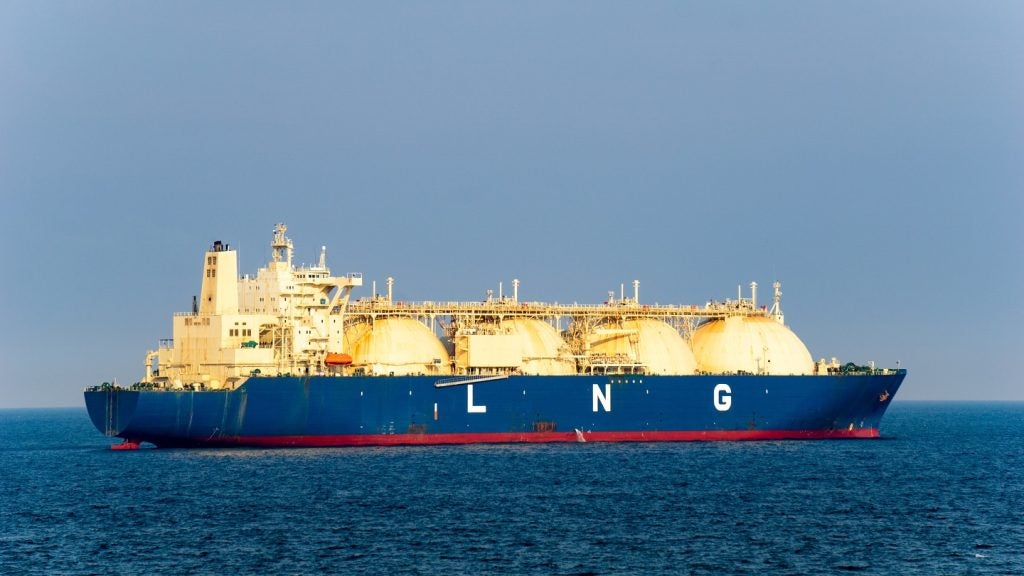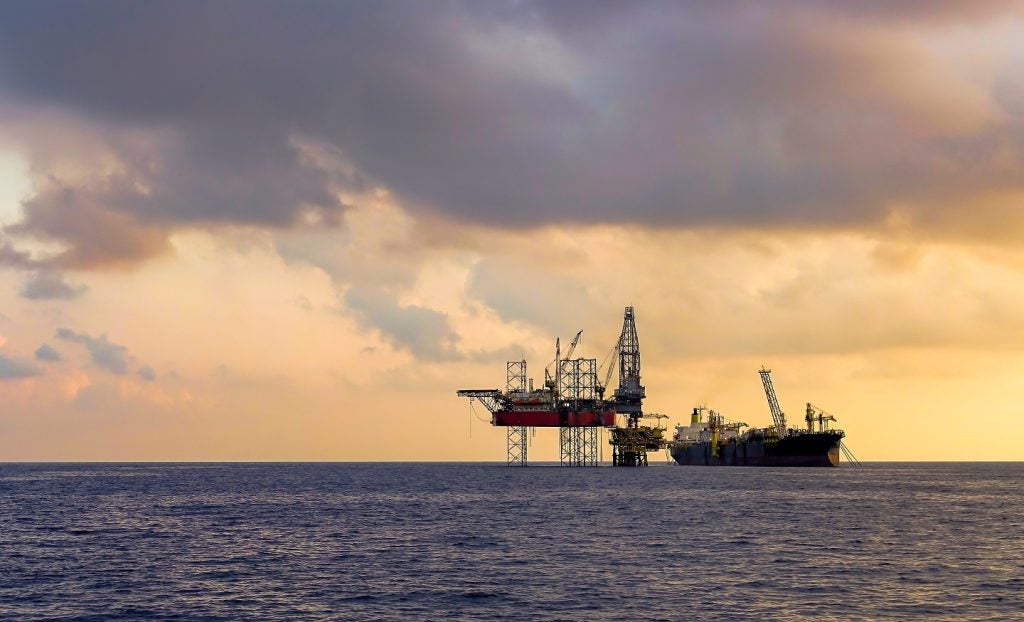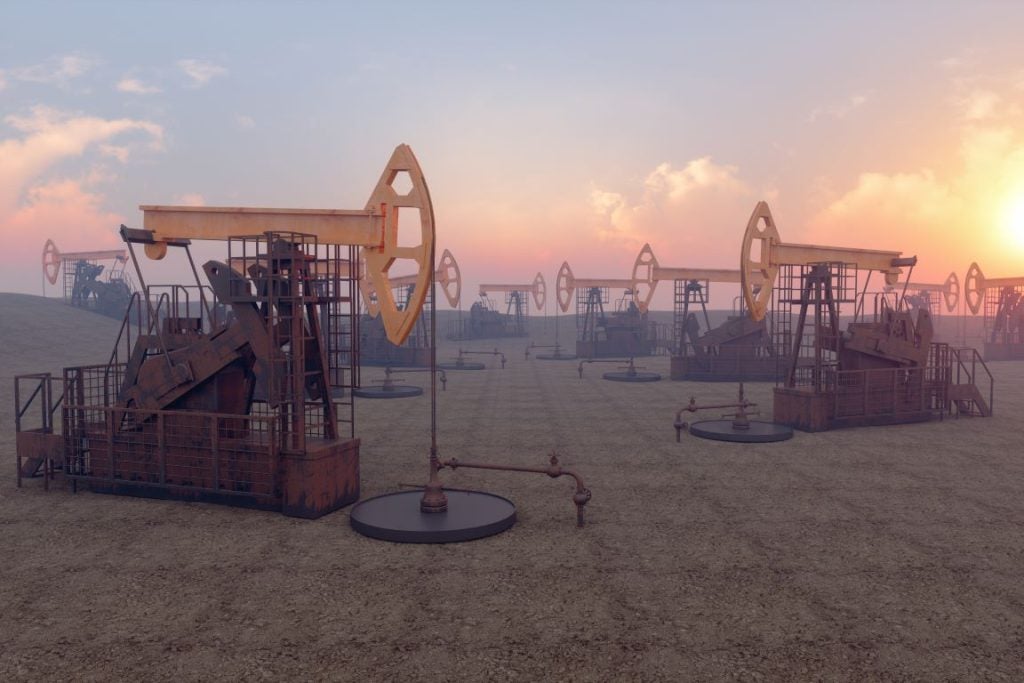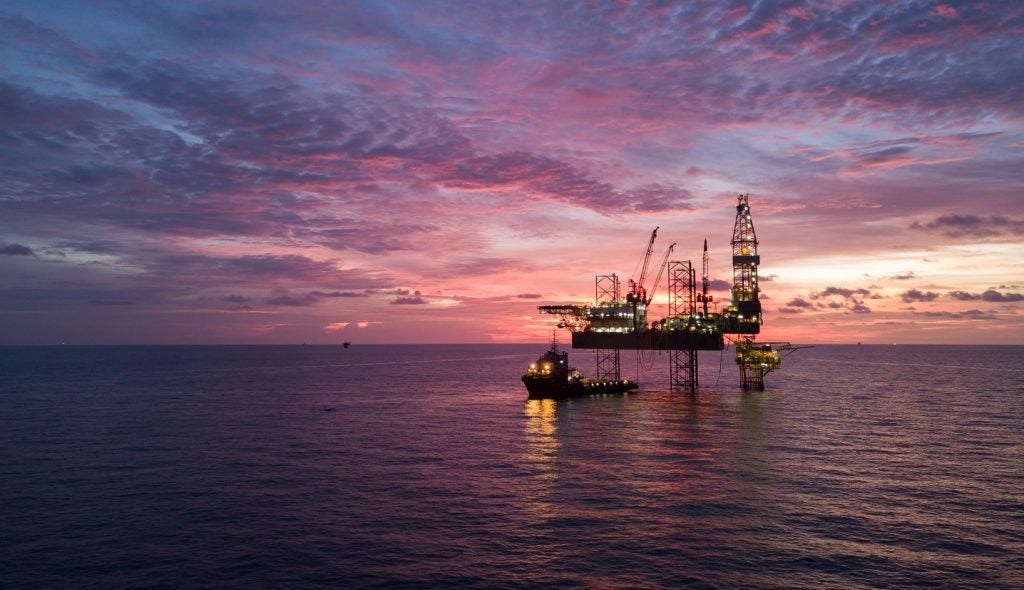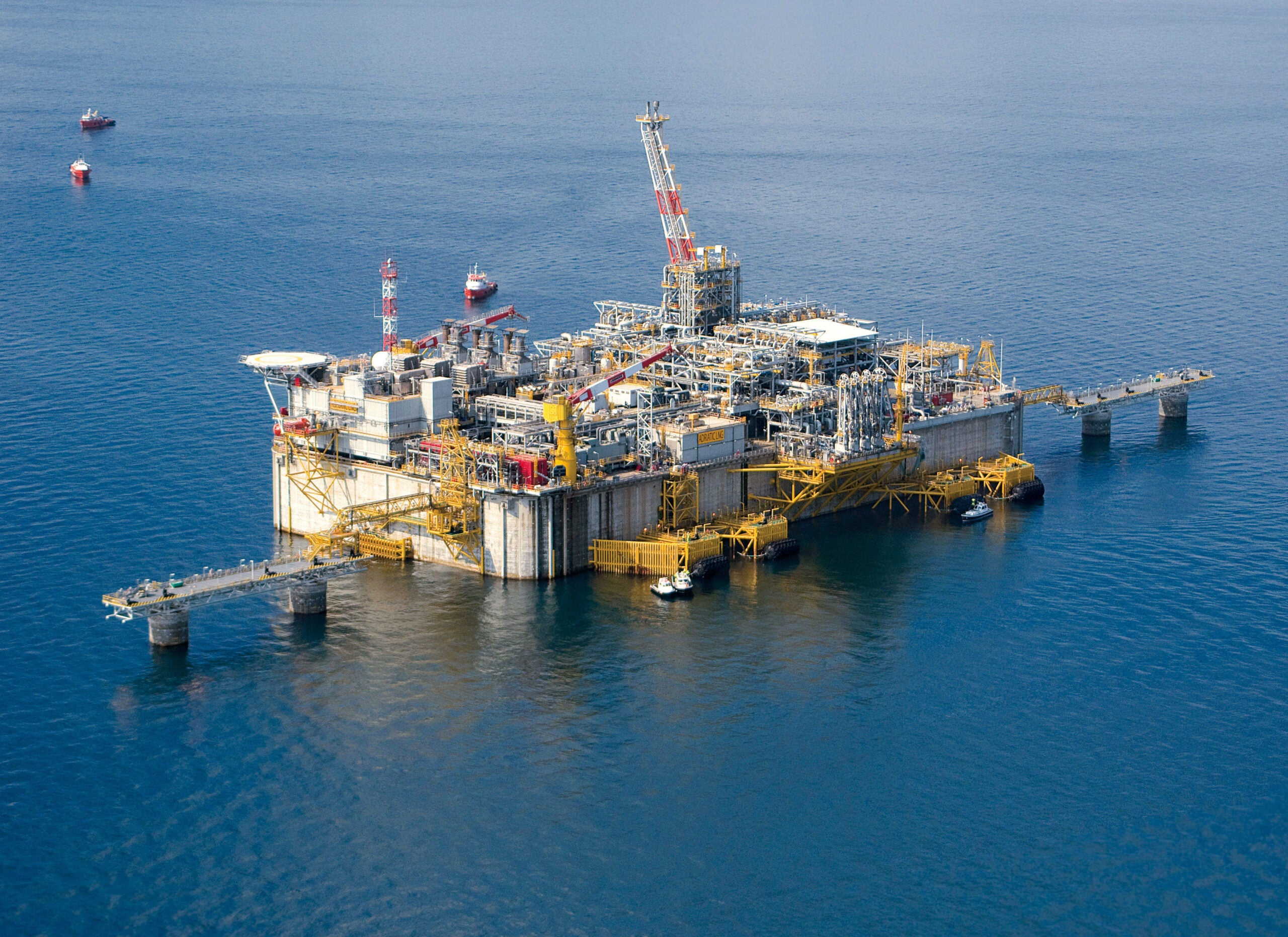

In April, Italian voters were asked whether or not to limit offshore drilling rights 12 miles off the Adriatic coast. This politically charged referendum caused much controversy and revolved around a potential change in the law next January about whether licences should stop being renewed at oil and gas platforms close to shore.
The alternative to continuing licences until the fields are depleted would be to end drilling rights once current licences expire in 2034, regardless of whether or not oil and gas remains in them. A ‘yes’ vote would mean the end of drilling, while a ‘no’ vote would have it continue.
There are 69 exploration concessions in the waters, 44 of which are within the 12-mile shore range; most are controlled by Italian energy company Eni.
The outcome of the vote would only be valid if over 50% of the electorate showed up. Unfortunately for the environmentalists supporting ‘yes’, only 32% cast ballots, meaning that the oil fields stay and extensions may be approved until the fields are totally sucked dry.
See Also:
The environmental case
Activists from the WWF and Greenpeace’s Italian section urged people to back the referendum, stating that drilling for oil is an environmental hazard and is "condemning Italy to dependency on fossil fuels".
How well do you really know your competitors?
Access the most comprehensive Company Profiles on the market, powered by GlobalData. Save hours of research. Gain competitive edge.

Thank you!
Your download email will arrive shortly
Not ready to buy yet? Download a free sample
We are confident about the unique quality of our Company Profiles. However, we want you to make the most beneficial decision for your business, so we offer a free sample that you can download by submitting the below form
By GlobalData"Drills pose a grave threat to our seas and this is sufficient motive to reject them," said Greenpeace Energy and Climate campaign leader Andrea Boraschi. "They are also a senseless energy strategy which condemns Italy to rely on fossil sources – a favour to the oil lobbies that greatly endangers key economic sectors such as tourism and fishing."
The amount of resources actually at stake is small, with the offshore rigs providing just 3% of Italy’s annual demand for gas and 1% of the demand for oil. The percentage of the leases that the state owns is also very small, at just 7% for oil and 10% for gas, which are some of the lowest royalties in the world. Also, a provision states that no royalties are paid on the first 300,000 barrels of oil produced per field in a year.
Protesters argued that the amount of oil and gas and any profit made is so miniscule that it cannot be worth the hazards and risks.
However, importing is expensive, and so Italy is keen to increase its domestic production.
At the Piazza Venezia in Rome, Greenpeace planted 30 model oil drills and unveiled a banner that read "Italy is not for drilling" to try and convince the public that the matter was one they should take seriously.
The environmentalist group claims that platforms so near to the shore can have catastrophic effects on wildlife and ecosystems, especially if an oil spill or gas leak occurs.
Some platforms that are of particular notoriety with environmentalists lie fewer than 2km from the coast. Pine trees in a national nature reserve have suffered because their roots are dying, and campaigners blame the platforms for this. The ground has also dropped about 40cm, which could be due to gas extraction.
"Here, all the trees are dead, a sort of depression has appeared in the ground, which has dried up the pines," said local campaigner for Dante beach Pasquale Minichini.
Minichini hoped that the referendum would reach the 50% turn-out necessary to start reversing some of the damage that has been done both to the beach and to the wildlife that lives on it.
Dirty deals with big oil
Reversing drilling permits could also stop some of the agreements that benefit oil companies, which Greenpeace describe as "dirty deals".
For example, at the end of March this year, Italy’s economic development minister Federica Guidi resigned after phone calls between herself and her partner were made public. In them she stated that the government would pass legislation which would help his energy business.
Allegedly, this conversation meant that Guidi was promising favours to French oil company Total, and that her partner was using her position to build commercial ties.
This scandal came at a time of economic uncertainty for Italy, and with local elections coming up in October, pressure from opposition parties is gaining more traction.
Opposition parties such as the anti-establishment Five-Star Movement and nine local government leaders – from Basilicata, Calabria, Campania, Liguria, Marche, Molise, Puglia, Sardinia and Veneto – showed their support for the referendum and urged people to show up to the vote, hoping to gain a wider influence on Rome’s energy policies.
Puglia region president Michele Emiliano said: "The biggest favour to oil and gas – extending extraction indefinitely – allows them to avoid shelling out money to dismantle the platforms once the concessions have expired."
Nonetheless, this wasn’t enough to drive up sufficient interest in the vote for enough ballots to be cast to make it valid. This was either because of national nonchalance towards the issue, or because the prime minister had different ideas for the industry.
Government’s stance
On the other end of the debate, Italian Prime Minister Matteo Renzi advised the public not to take part in the referendum at all. He warned that jobs would be lost in the Italian energy industry and the economy would likely take a hit if the referendum was approved.
He also said that ending the drilling would increase Italy’s dependence on imported energy, which is currently at about 90%, and so a vote boycott was the most suitable way to ensure this didn’t happen.
Renzi’s government was responsible for banning new offshore drilling projects near the coastline, and the prime minister has previously said that he wants Italy to become "the greenest country in Europe".
However, he named this particular vote a "hoax" and a direct attack on employment in the energy industry.
When the votes were counted on 17 April, Renzi made a speech from Palazzo Chigi, the seat of the government in Rome, in which he didn’t hold back his feelings about the result.
"The real winners are the workers in the fields, on the platforms. I celebrate with them, the 11,000 workers who would have risked losing their jobs," he said. "The result was neat, clear, better than expected."
He also said that he didn’t see the government as victorious, but the workers who were "aware of having a future and not just a past."
"The winners are the engineers and the platform workers. I raise my glass to them," he said.
The political charge: setting a precedent?
On the surface, the vote appeared to be unnecessary, as referendums usually require considerable preparation and accurate research and information; neither of which were available in this instance.
Italy has had 17 popular referendums since 1974, contesting laws that parliament has already approved. At least five of Italy’s 20 regional councils have to request for a referendum to take place, or a petition has to be signed by at least 500,000 voters.
Six out of the last seven ballots have not succeeded, and generally there has been a decrease in voters participating in elections.
The vote on offshore rigs cost €300m to organise and was in part motivated by the desire to embarrass Renzi, as a defeat would likely have had a big impact on the local election last June.
Nevertheless, it has prompted an important question about oil and whether the political nature of the industry as it stands will bring about changes in the near future. The vote, despite being unsuccessful, could potentially initiate more revolts about fossil fuels across the globe.
Italy is the first country to have a referendum on offshore platforms specifically, but similar decisions have been made following public pressure in several countries. After the Fukushima nuclear disaster in 2011, Germany permanently shut down eight of its nuclear reactors, and Switzerland and Spain banned the construction of any new ones.
Climate change and the shift towards renewable energy are two important causes for debate, and a vote about the future of major oil and gas reserves can be seen as a trigger for a review about energy policy in general in Italy, potentially to see a shift towards renewables.
Since world leaders agreed to keep global warming below 2 degrees centigrade at COP15, climate change is now a more important issue than ever before. Referendums in Italy could well set the precedent for more environmental causes to be brought into the mainstream with national ballots in the next few years.



